A lit major’s guide to the canon and classics
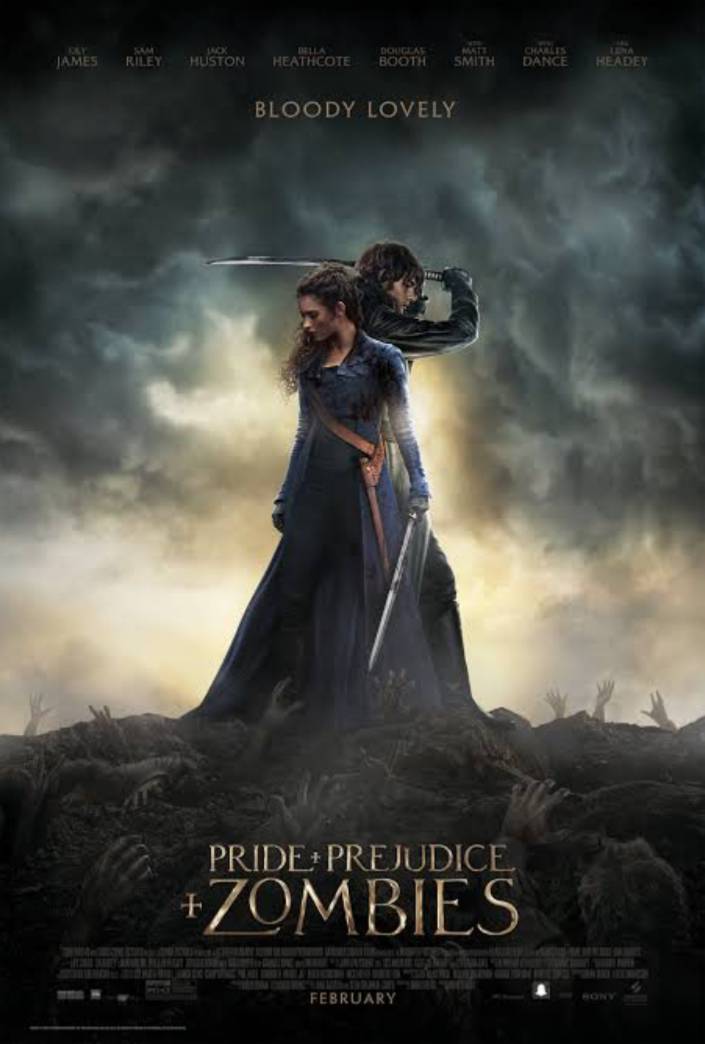
As someone who is a struggling Literature major, I think National Literature Month is the best time to introduce people to reading the classics or the canon of literature. I get that it can get boring or hard to read and understand at times (I get drained with reading theories and Shakespearean tales) though, so here’s a bit of a guide to stories similar to classics. A little disclaimer: This is more of a fun way to appreciate the classics and literary canon that we study in more detail.
Classics, or novels, short fiction, poetry and other literary pieces regarded as important or iconic from the past, can be daunting to read. This is because some versions of text use the most formal English or the most formal translations. But some classics have iconic counterparts in pop culture today.
Let’s start with “Romeo and Juliet,” the blueprint of the star-crossed lovers trope. “Romeo and Juliet” is a tragedy written by William Shakespeare about two young lovers who come from feuding families. Sound familiar? Many books, fan fiction, anime, series and K-dramas use this trope. One adaptation is the 1996 “Romeo + Juliet” movie starring Leonardo DiCaprio and Claire Danes. (Who can forget that looking-through-the-aquarium scene?)
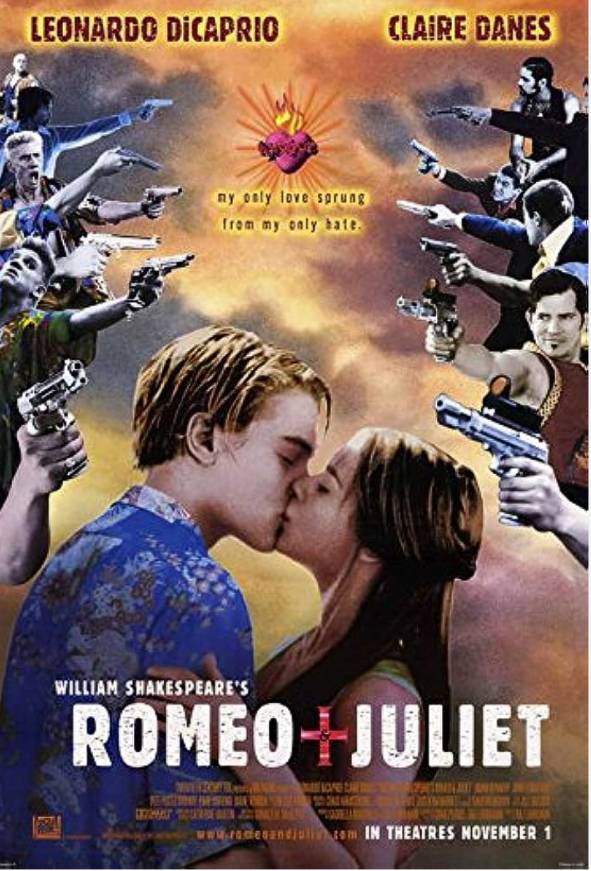
Another Shakespeare adaptation? “She’s the Man,” which stars Amanda Bynes, is based on “Twelfth Night.” “Twelfth Night” is about twins who get separated by a shipwreck and Viola pretends to be a man named Cesario. In the movie, Viola and Sebastian are twins who go to different schools. Viola must pretend to be her brother—he had ditched school to go around the world with his band. This movie is considered a teen movie cult classic.
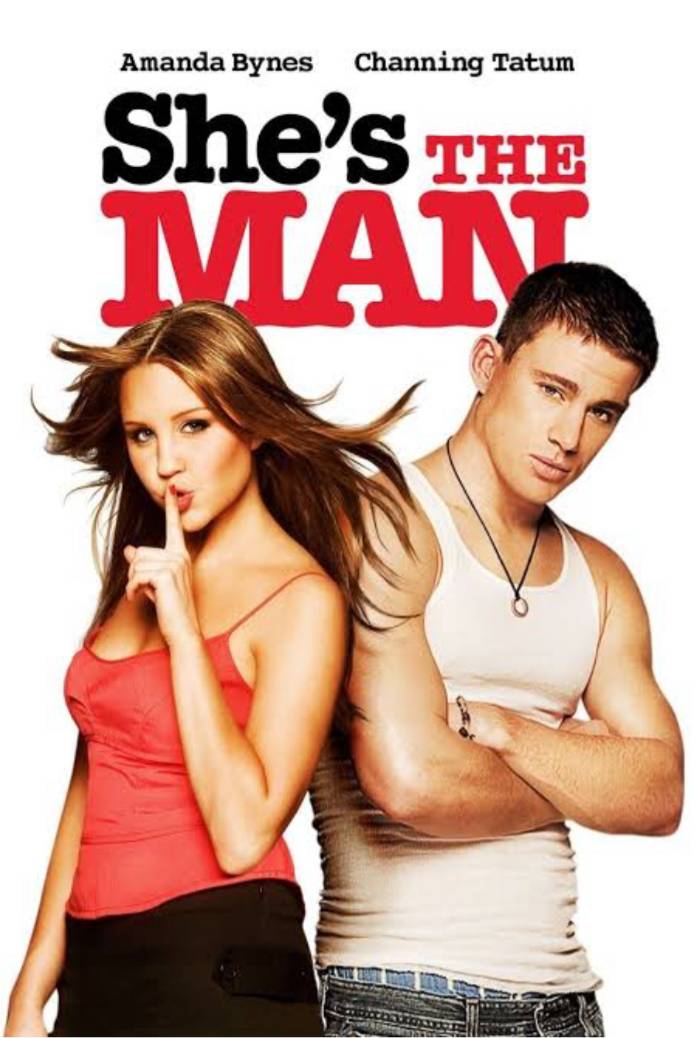
Jane Austen
Let’s move on to Jane Austen, a different author with wonderful stories. When you hear her name, you think of period dramas or movies where people go to fancy balls, but that’s not all Jane Austen’s novels are about. One of her most popular books is “Pride and Prejudice,” and the film adaptation from 2005, starring Keira Knightley, is one of the most well-known ones.
There is also a parody book, “Pride and Prejudice and Zombies,” written by Seth Grahame-Smith, which was also adapted into a movie in 2016. It stars Lily James as Elizabeth Bennet who, in this version, is a skilled martial artist who kills zombies in 19th-century England. “Pride and Prejudice and Zombies” is pretty wacky in the most 2010s way possible.
If you want a coming-of-age story from someone with a similar vibe to Jane Austen, we have “Little Women” by Louisa May-Alcott. This has been adapted time and again on the silver screen over the years. The most recent adaptation in 2019 had a star-studded cast with Saoirse Ronan, Emma Watson, Florence Pugh, Eliza Scanlen, Laura Dern, Timothée Chalamet, Meryl Streep and others. “Little Women” centers on the beauty of sisterhood and the growing pains of young girls and women, timeless and relevant to how girls and women feel today. Greta Gerwig, who is now more known for the Barbie movie, was the director of this beautiful adaptation.
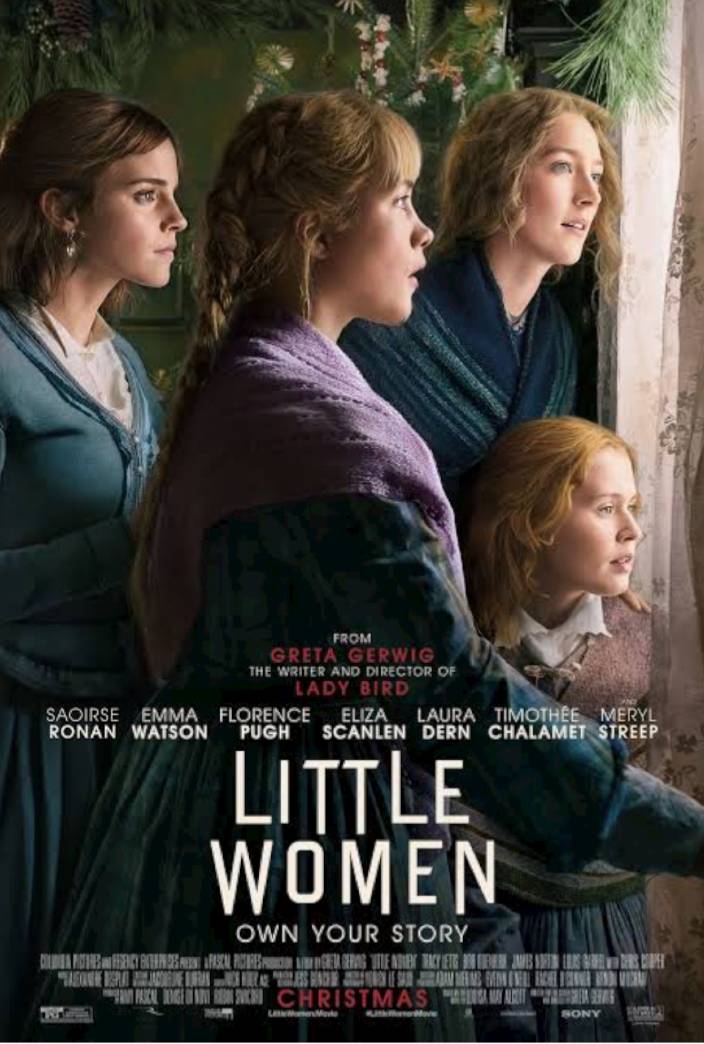
Going beyond Hollywood, some animated series are also based on the classics not only of the west but the east as well. Case in point, the anime/manga “Bungo Stray Dogs,” whose characters’ powers are based on influential authors and their books—they are even named after the authors. They work at a detective agency and protect the city of Yokohama.
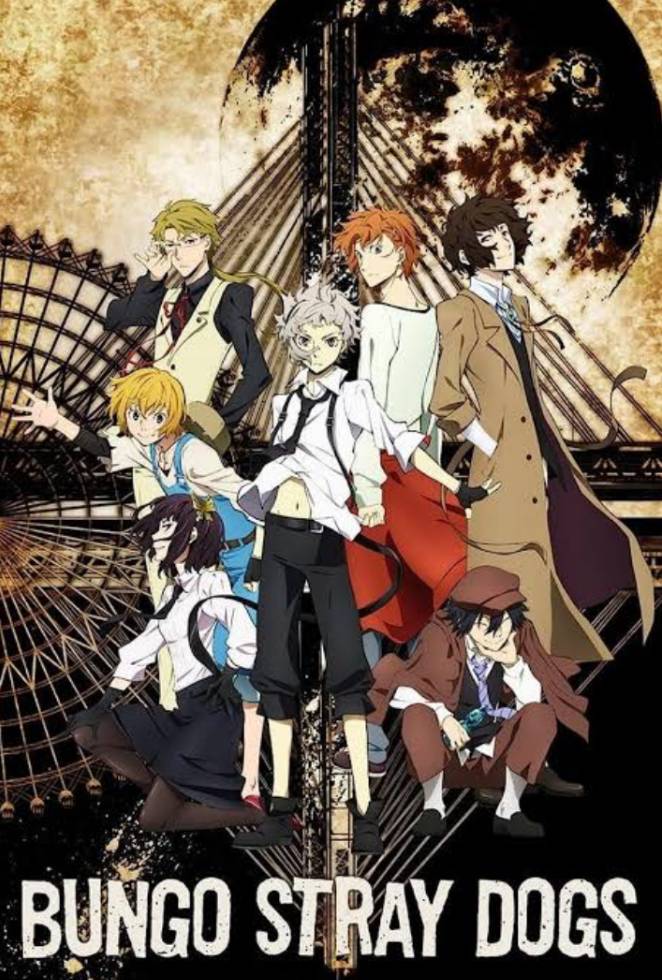
The main character of this anime/manga is named after Atsushi Nakajima, one of Japan’s younger and prolific writers during the 1940s. His major works include “The Moon Over the Mountain” and “Light, Wind, and Dreams.” Other characters are based on Japanese and classic literature writers including Osamu Dazai who wrote “No Longer Human” and Fyodor Dostoevsky who wrote “Crime and Punishment.” The anime and manga are both very interesting. I really find the use of authors and their writing as powers a unique concept.
Dark tale
Another anime with a unique concept would be the ever-loved, rather sad, pulling-at-your-heartstrings “Banana Fish,” which stars two young men named Ash Lynx and Eiji Okumura who come from very different cultures and are trapped in a world of crime. “Banana Fish” supposedly gets its title from “A Perfect Day for Bananafish” by J.D. Salinger. Some characters are also named after modern literary characters. Overall, “Banana Fish” is a sad anime, a bit of Boys Love but a very dark tale as well, so be mentally prepared.
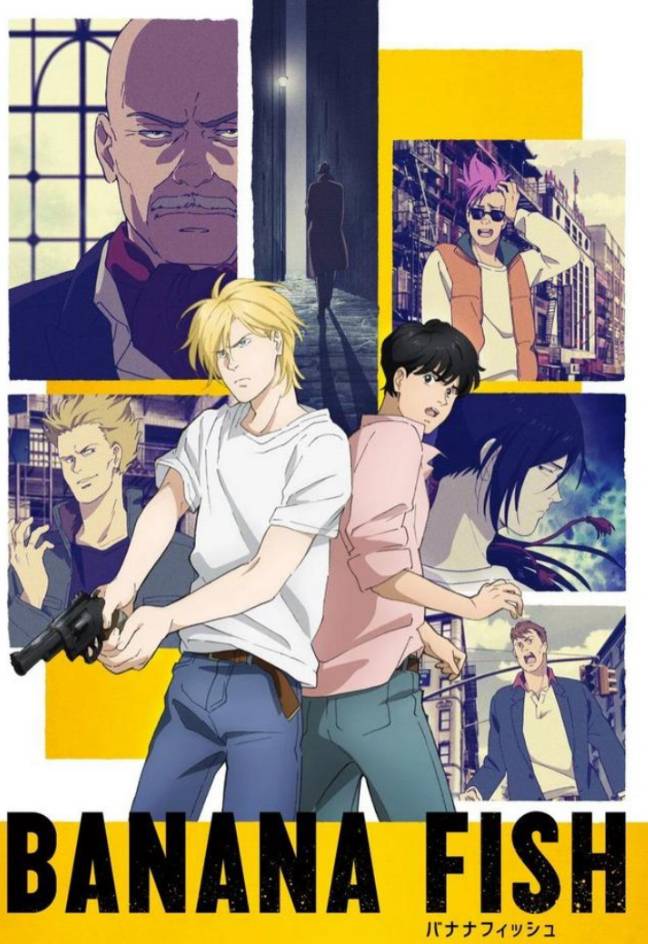
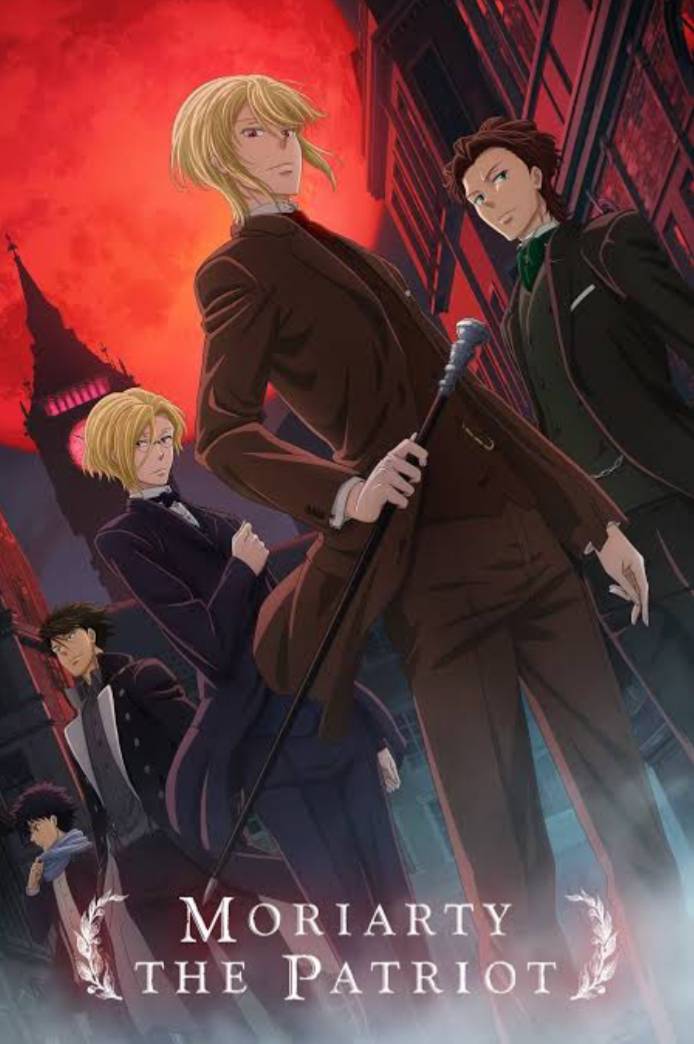
Last but not the least is “Moriarty the Patriot,” an anime that takes inspiration from the world of “Sherlock Holmes,” written by Arthur Conan Doyle. This one focuses more on the nemesis of Sherlock Holmes, William James Moriarty, and tells his side of the story. It takes a beloved story and turns it into something amazing and refreshing.
I hope you enjoy these shows and books and have a blast discovering for yourself how classic and modern literature continue to influence pop culture today. — INQ
By Isobelle C. Cleofas

















